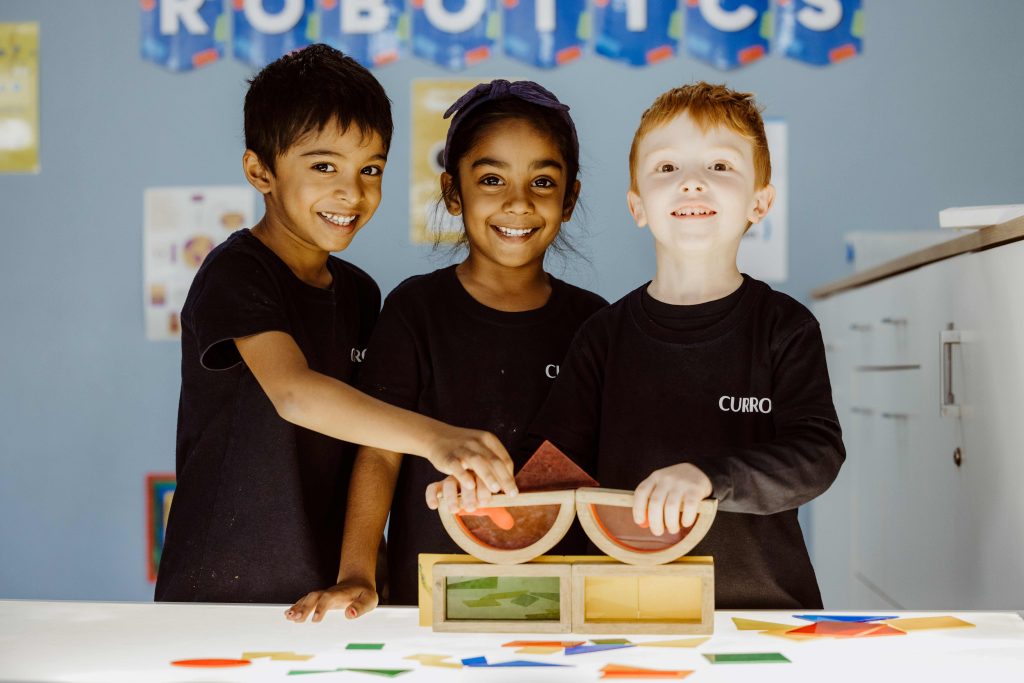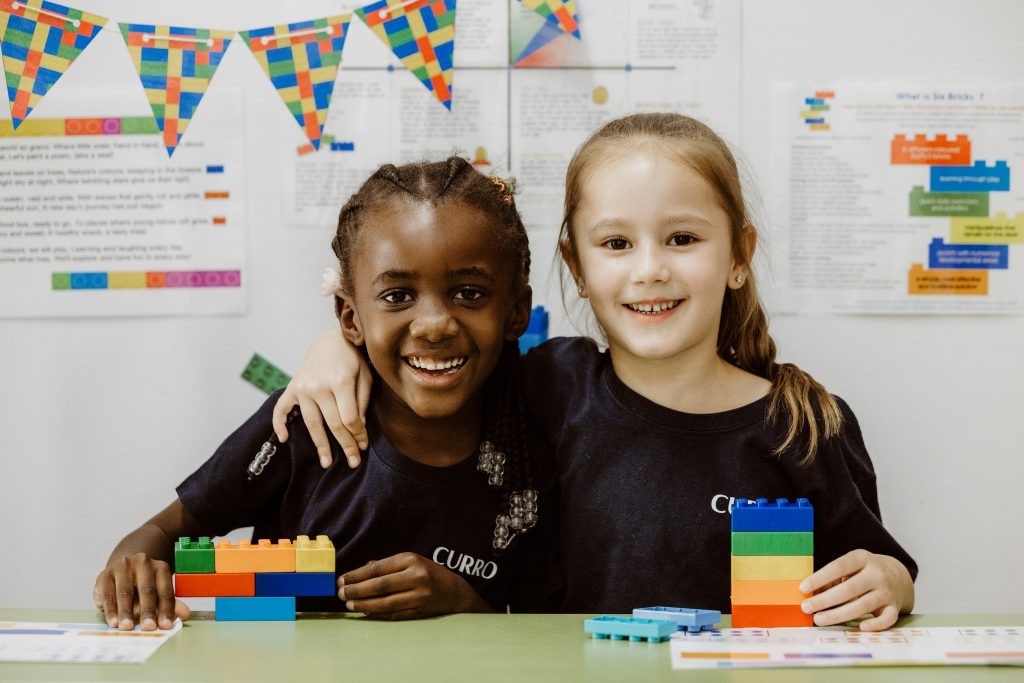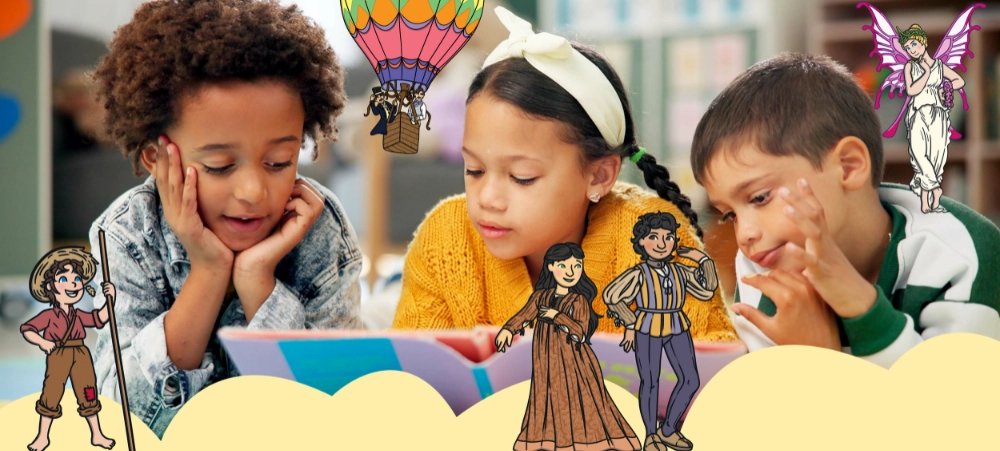Children entering the school system today will enter a very different world of work than their parents and grandparents, thanks to digitalisation and technologies such as robotic automation and AI. While the past few years have seen increased importance placed on teaching coding skills at school, JSE-listed independent education provider, Curro Holdings, believes that focusing on the foundations of coding can start even earlier, from Grade R, and doesn’t require access to digital devices.
What is unplugged coding?
Ilmarie von Wielligh, Foundation Phase Curriculum Lead for Coding & Robotics at Curro Holdings, explains that unplugged coding is a method of teaching the fundamentals of computer science and programming without using electronic devices like computers or tablets. Instead, it uses physical activities, games, and hands-on exercises to help children understand coding concepts such as algorithms, sequences, loops, and conditionals.
“Unplugged coding is a versatile and inclusive approach to teaching foundational coding concepts to young children,” she says. “It emphasises the development of critical thinking and problem-solving skills through engaging, hands-on activities. By introducing these concepts early, we can foster a lifelong interest in technology and computational thinking, setting children up for future success in an increasingly digital world.”
Examples of unplugged coding activities include:

- Sequencing with cards: Children use picture cards to create a sequence of steps to complete a task, like brushing teeth or getting ready for school. This activity helps develop logical thinking and understanding of sequences.
- Human robot game: One child acts as a robot, and another child gives simple step-by-step instructions (e.g. move forward, turn left) to guide the robot to a specific location. This teaches basic programming concepts and following instructions.
- Storytelling with code: Using storyboards, children can arrange pictures in a specific order to tell a story. This enhances their ability to think logically and understand the concept of sequences.
- Debugging activities: Children colour in or cross out the picture that doesn’t fit into the sequence.
These activities all help develop critical thinking, problem-solving, and logical reasoning skills.
When to start with unplugged coding?

“Children can be introduced to unplugged coding as early as Grade R typically around the age of 5 to 6 years,” von Wielligh says. “At this age, children can grasp basic concepts of sequencing, patterns, and following instructions through play-based activities.”
Parents can also introduce unplugged coding principles at home through activities that promote following steps (like cooking from a recipe or setting up a treasure hunt with a map and instructions), or pattern recognition and replication.
In fact, many activities that parents might already be doing with their children can teach unplugged coding skills. “Puzzle building helps children to gain abstraction skills by looking at a big picture and breaking it into smaller pieces by solving the problem and eventually creating the big picture once the puzzle has been completed,” says von Wielligh.
Even before the Grade R, Curro preschools also include intelligent toys, designed to assist with learning coding principles, such as unifix cubes and pattern blocks, which promote pattern skill development. By embracing intelligent toys as the building blocks of basic coding in preschool and Grade R, Curro aims to better equip even the littlest of learners to grapple with some of the most important skills and technologies they will need in their lives.
Computer-free coding for inclusivity

von Wielligh says unplugged coding is particularly valuable in schools without access to technology because it ensures that all children can learn foundational coding concepts without needing computers or tablets.
“This approach promotes inclusivity and equal learning opportunities, regardless of a school’s resources. It also emphasises that computational thinking and problem-solving skills are essential and can be developed without relying on technology, which are all vital skills in today’s world,” she says. “These skills are life skills – all children need to be able to solve problems, think in a logical way, be able to follow a sequence and to analyse information carefully.”
Curro strives to contribute towards the sustainable growth of South Africa and beyond,
by widening access to quality schooling across a spectrum of education approaches. These include Curro, Curro Academy, Meridian, Select schools, DigiEd, National Certificate
Vocational education facilities, assisted learning facilities, as well as a digital learning
approach.
Curro Holdings provides an ethical, values-based environment, and offers a learner-centric, balanced, innovative and relevant curriculum across the various schools.
- Choosing a school with a strong approach to reading - November 26, 2024
- The importance of the child-teacher relationship at preschool level - October 3, 2024
- Unplugged coding in early childhood: Equipping your preschooler to succeed in the digital world - September 9, 2024





